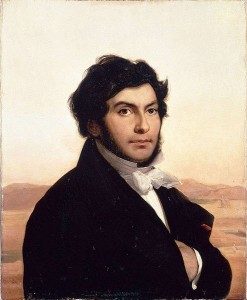Ancient Egypt left behind many legacies to future civilisations. A legacy in this context means a special contribution that a civilisation leaves behind.
People leave legacies too, and I don’t mean money. They leave behind their ideas, their acts of kindness, their inventions and their creativity. You are exploring the legacies of human beings in your work for the Night of Notables.
An example of a civilisation’s legacy is writing. The ancient Sumerians are believed to have been the first to create a writing system. They pressed wedge-shaped marks into clay tablets. Many historians believe that this is what gave the Egyptians the idea of developing hieroglyphs.
A legacy could also be:
- a special way of organising a society or dealing with a problem;
- some kind of scientific knowledge;
- an invention;
- a monument;
- a skill;
- an impressive achievement in art, government, literature, etc;
- something that later societies have admired and sought to emulate.
Cuneiform – clipart kindly provided by www.phillipmartin.info I always think that it would be wonderful if the first writing was created to write love poems or great literature. But no – someone wanted a receipt. Sigh. This is a material world.
The ancient Egyptians had many achievements over the course of their long history. Their beautiful tomb paintings, for example, show us all about their lives on the Nile River. They drew figures in a way that changed little over the years. Can you think of other great and inspiring achievements that others might have built upon?
 Egyptian peasants during harvest – note the side-on presentation of the bodies in classic Egyptian style
Egyptian peasants during harvest – note the side-on presentation of the bodies in classic Egyptian style
Image in public domain from wikimedia.commons
See what you can find out about the legacies of the ancient Egyptians at these sites.
Mathematics:
http://math.suite101.com/article.cfm/the_mathematics_of_ancient_egypt
Ancient Egyptian ideas about pi:
http://ualr.edu/lasmoller/pi.html
Ancient Egyptian art:
http://www.aldokkan.com/art/art.htm
Ancient Egyptian water engineering and inventions: http://www.waterhistory.org/histories/nile/t1.html
(You’ll need to scroll down to read the vital information.)
Managing time – calendars and clocks: http://library.thinkquest.org/J002046F/technology.htm
Ancient Egyptian writing:
http://www.ancientscripts.com/egyptian.html
Your task: Leave a comment describing the ancient Egyptian legacy you consider most interesting, significant or worthwhile.
Then answer this question: What legacy would you as an individual like to leave behind? Another way to put this could be: How do you intend to leave the world a better place than you found it?
Finally, see how many of the questions in the quiz below you can answer correctly.





